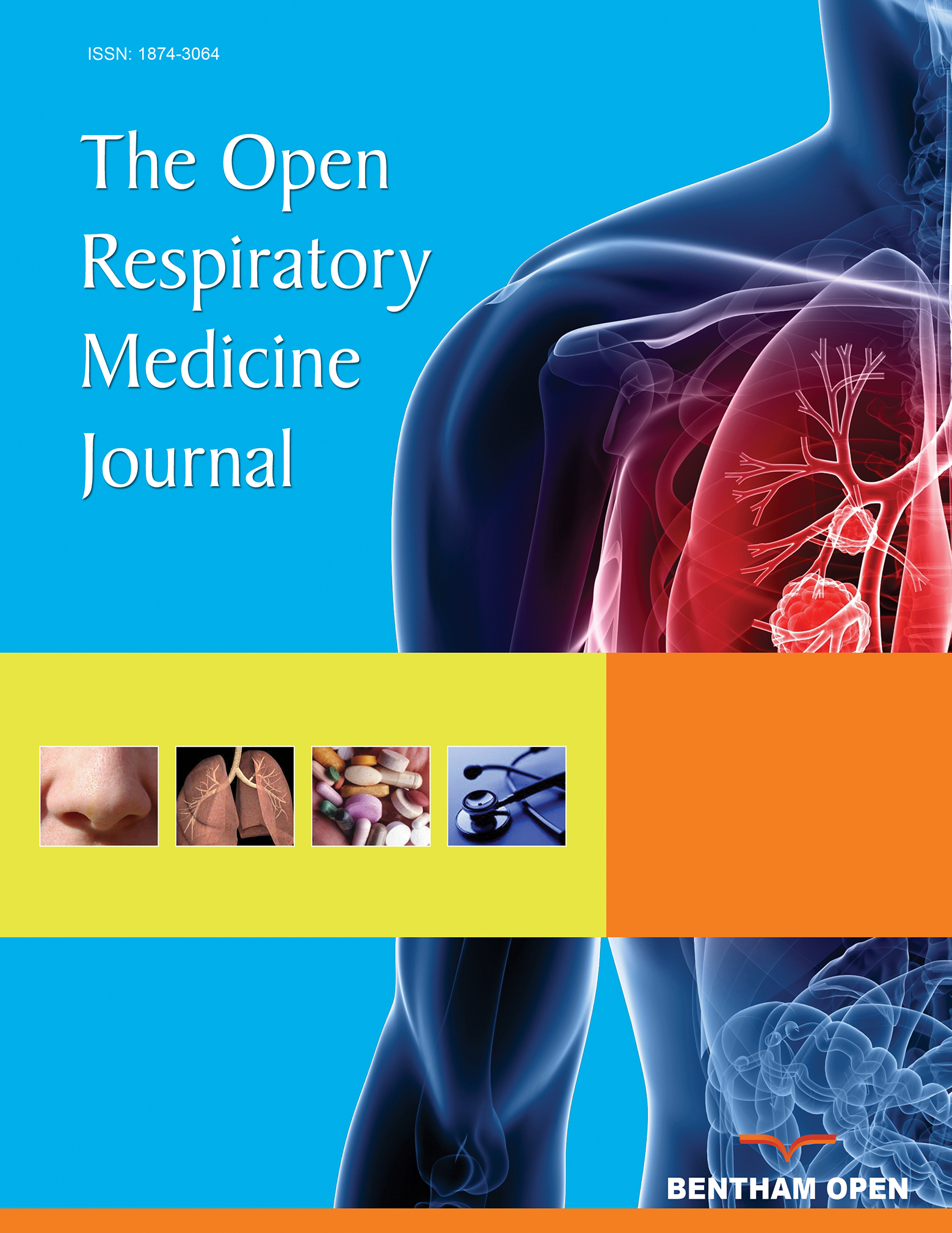All published articles of this journal are available on ScienceDirect.
Prolonged Cough in Pediatric Population First Line Care, Belgian Guidelines
Abstract
Background:
The clinical approach to a prolonged cough, i.e. a cough lasting more than three weeks, is challenging for general practitioners as well for primary care pediatricians. What the recommended clinical approach in primary care is, how cough duration or cough characteristics impact the diagnosis, and what the efficiency and safety of antibiotics or symptomatic treatments are remain in question for primary care physicians.
Objective:
The last Belgian guidelines were published in 2006 and needed to be reviewed. Those background questions were used to conduct our guideline updating procedure.
Methods:
We systematically performed a pyramidal literature search between the periods 2006-2014 in order to write evidence based guidelines. The data of the literature was summarized, discussed by the authors, experts and the Belgian primary care guidelines committee. Recommendations were formulated and scored following the GRADE classification.
Results:
The consultation history as well as the physical examination should be directed towards searching for warning signs (GRADE 1B) and towards the common etiologies depending on cough duration (GRADE 2C). If the cough lasts for more than eight weeks, chest radiography and spirometry should be considered (GRADE 2C). An antibiotic is recommended for a prolonged wet cough (over eight weeks) if prolonged bacterial bronchitis is suspected (GRADE 1B). In the absence of clinical signs of a specific etiology of a cough, no drug can be recommended (GRADE 1B). For all cases, it is initially suggested to avoid irritants (GRADE 1C) as well as to take into account the concerns of parents and inform them about the natural development of a cough.
Conclusions:
More research is needed to provide evidence on the clinical pathway on prolonged cough for primary care. Cough duration of more than eight weeks and prolonged wet cough are the most useful cough characteristics. Regarding a specific cough treatment, no medication has proved any effect greater than placebo. Attention to environmental triggers and patient-centered care remain the keystones of interventions


